Unfortunate English mistakes can happen to anyone, regardless of their language proficiency. These mistakes can range from small grammatical errors to using the wrong words, and can have serious consequences, such as miscommunication or offense. These mistakes or typos can be quite amusing, especially when they are so ridiculous that it’s hard to believe they were actually made. These typos not only make us laugh but also remind us of the importance of proofreading and editing. Next time you stumble upon an English typo, don’t be too quick to judge, it might just make your day a little more humorous. We have combined a bunch of the funniest English mistakes below that people couldn’t resist sharing. Browse through them and let us know what you think.
1.

2.

3.

4.

5.

6.

7.

Funny English typos, also known as “Engrish,” occur when the spelling or grammar of English words is incorrectly translated or transliterated from another language. These typos can be found on signs, packaging, and other written materials. Examples include “beef noodle” instead of “beef noodle soup,” “mental and physical training” instead of “mental health and physical fitness,” and “slippy” instead of “slippery.” These typos can be amusing to native English speakers and are often shared on social media. However, it’s important to remember that they can also cause confusion and should be corrected when possible.
8.

9.

10.

11.

12.

13.

14.

15.

English typos can be a source of endless amusement for those of us who speak the language. From “I cn yuo red tihs” to “Free misteke” these mistakes can be found everywhere, from billboards to menus. Imagine ordering a “side of flies” instead of “fries” at a restaurant or “exiting” a building instead of “existing.” These typos can be so comical that they even get their own dedicated social media accounts and memes. But let’s not forget, these funny mistakes can also cause confusion, so it’s best to double-check our work before sending it out into the world.
16.
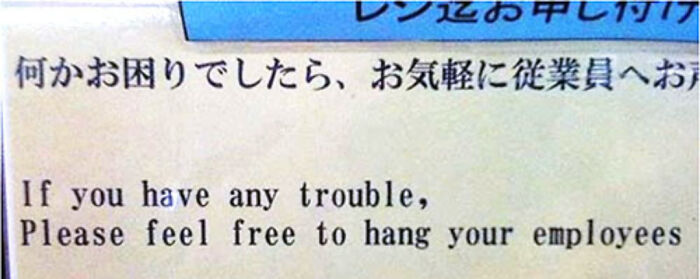
17.

18.

19.

20.

21.

22.

23.

24.
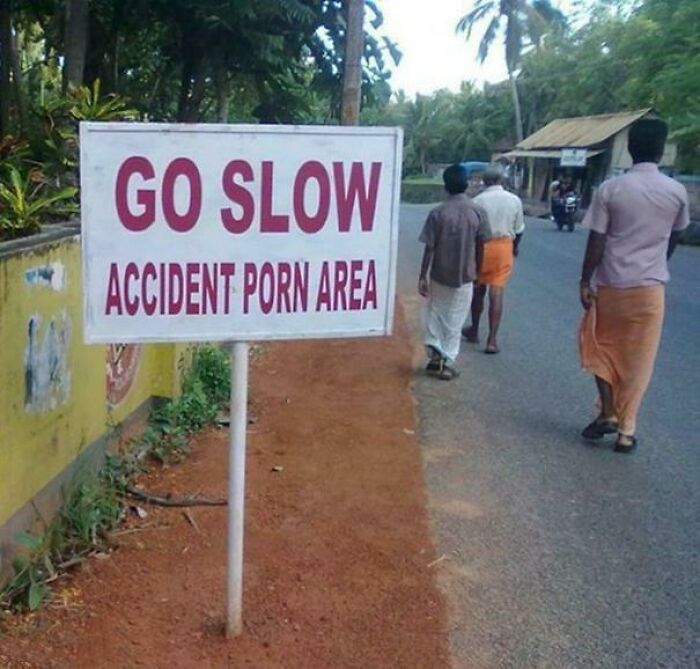
25.

26.
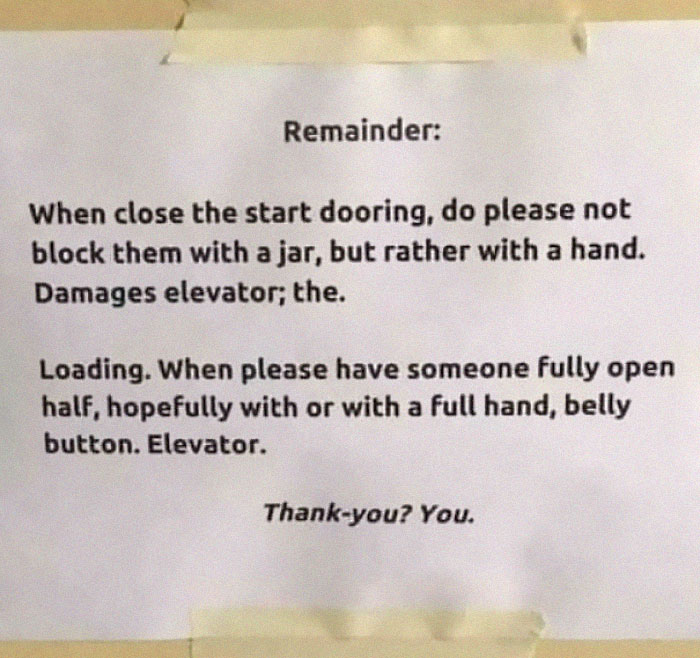
27.

28.

29.

30.

31.
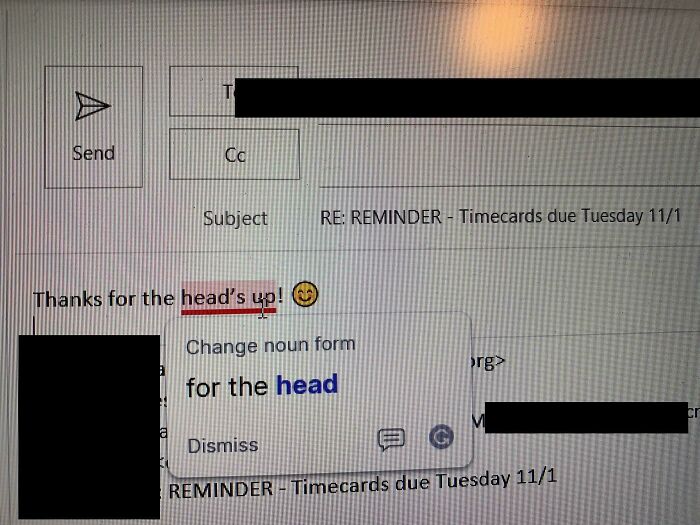
32.

33.

34.
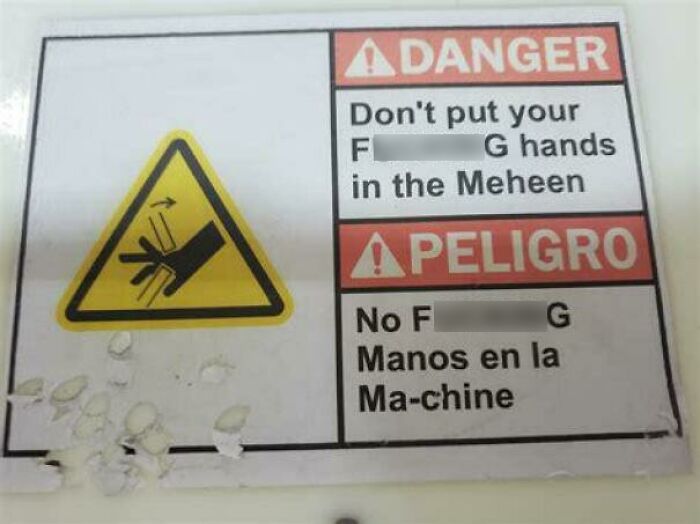
35.

36.

37.

38.

39.

40.

In conclusion, unfortunate English mistakes can happen to anyone and can have serious consequences such as miscommunication, offense or damage to relationships. It is essential to proofread, revise and be aware of the cultural context of your audience before sending any text. Taking these precautions can help avoid these unfortunate mistakes and can help improve communication.






